Our Pipeline
A Singular Focus on CNS Mediated Conditions
Noema Pharma is committed to developing treatments for debilitating disorders of the central nervous system (CNS), conditions characterized by imbalanced neuronal networks leading to unresolved severe symptoms and significant impact on patients’ lives. This dedication has led to a rich pipeline of clinical stage assets across multiple CNS disease areas.
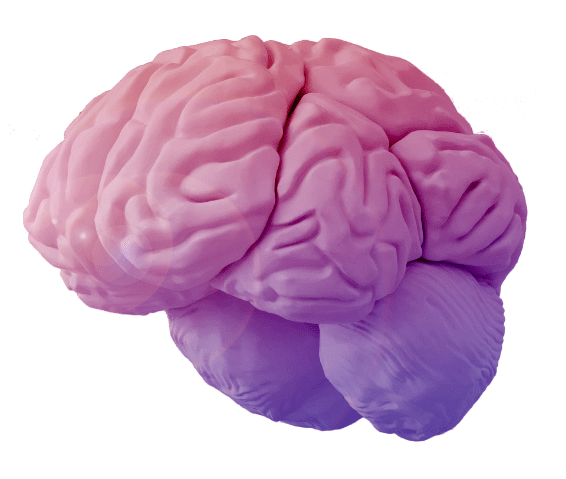
Our Pipeline
Click an asset below to learn more.
mGluR2/3 NAM, negative allosteric modulator of mGlu2/3 receptors; mGluR5 NAM, negative allosteric modulator of mGlu5 receptor; PDE10Ai, phosphodiesterase 10A inhibitor; TN, trigeminal neuralgia; TSC, tuberous sclerosis complex; COFD, Childhood Onset Fluency Disorder.
*Under indication validation.
Basimglurant
(NOE-101)
mGluR5 NAM
For the management of seizures associated with Tuberous Sclerosis Complex (TSC)
Clinical stage: Phase 2B
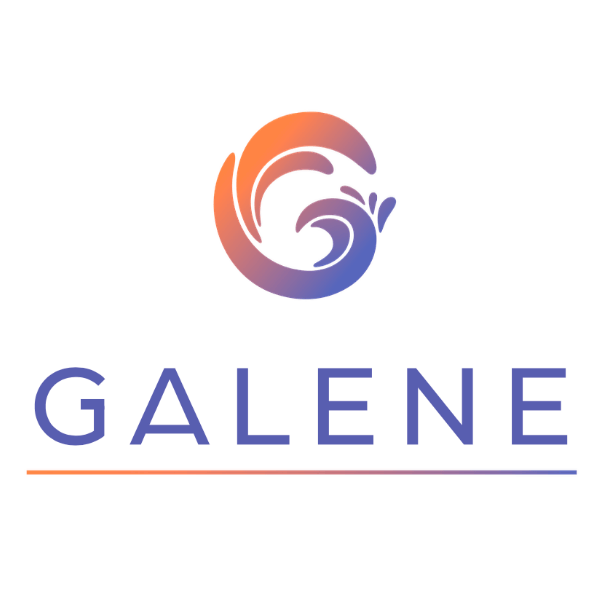

Basimglurant (NOE-101) is a highly selective, potent, and cell-penetrant negative allosteric modulator of mGlu5 receptors for the treatment of seizures associated with Tuberous Sclerosis Complex (TSC).
mGluR5 blockade has been shown to be effective in controlling seizures in a transgenic animal model of TSC.
This effect is explained through a dual mechanism of action:
- Reducing overactive glutamatergic signaling, an underlying pathology of seizures in TSC
- Normalizing protein synthesis in the brain, a key feature of TSC
In other CNS conditions, basimglurant (NOE-101) was found to be safe and well tolerated in children and adolescents. Noema’s Galene trial is a Phase 2b study to evaluate the efficacy and safety of basimglurant (NOE-101) in patients with seizures associated with TSC.
Basimglurant
(NOE-101)
mGluR5 NAM
For the management of pain associated with Trigeminal Neuralgia (TN)
Clinical stage: Phase 2/3
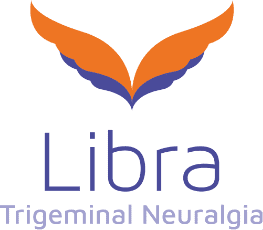

Basimglurant (NOE-101) is a highly selective, potent, and cell-penetrant negative allosteric modulator of mGlu5 receptors for the management of pain associated with Trigeminal Neuralgia (TN).
Basimglurant (NOE-101) was effective in controlling pain in animal models of neuropathic pain.
The antinociceptive effect (lowering the perception of pain threshold) of basimglurant (NOE-101) is explained through:
- Unique chemical and physical properties
- Reducing the nociceptive circuits at over-signaling, involved in trigeminal neuralgia
Basimglurant (NOE-101) was previously found to be safe and well-tolerated in adult subjects. Noema’s LibraTN trial is a global Phase 2/3 study in adult patients with TN.
Expanded Access / Early Access Policy: Basimglurant - NOE-101
Version: 01 Nov 2022
Drugs being studied in clinical trials have unknown benefits and unknown risks that will not be understood until the clinical trials are complete.
Eventually, if results from the clinical trials are favorable, they will be submitted to FDA and other regulatory bodies for review of the drug’s safety and efficacy in order to seek approval for the drug candidate. Obtaining regulatory approval for a new medicine is the best way to bring rapid access to the greatest number of patients who may benefit.
Sometimes patients may be able to access investigational drugs outside of a clinical trial. In the United States, this is possible through “expanded access,” sometimes also referred to as “compassionate use”. Unlike the use of an investigational drug in a clinical trial setting, the primary purpose of expanded access is to use the investigational drug for treatment purposes, rather than to gather data on safety and effectiveness.
In the early stage of drug development, it is critical to systematically obtain information about the safety and tolerability of the investigational drug in a controlled manner. It is also important to evaluate investigational drugs under controlled conditions to assess their efficacy. Sufficient data on safety, tolerability and effectiveness is not yet available for Noema’s compounds currently in development to allow an Expanded Access or Early Access Program. Therefore, Noema Pharma is not accepting expanded/early access requests at this time. We will reevaluate this policy in the future as information from our clinical trials become available. If the policy changes, this webpage will be updated.
If you have questions about this policy or would like information about how to enroll in our clinical studies, please contact us. You can also obtain information about our studies at https://clinicaltrials.gov/.
Gemlapodect
(NOE-105)
PDE10A inhibitor
For the management of Tourette Syndrome (TS) tics
Clinical stage: Phase 2B
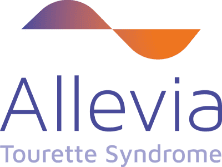

Gemlapodect (NOE-105) is a potent, selective PDE10A inhibitor that safely modulates dopamine D2 receptor signaling in people with Tourette Syndrome (TS).
Increased D2 receptor signaling is suggested to contribute to both the learning and expression of tics, and D2 receptor antagonists (antipsychotics) are the only currently approved treatments for TS. Gemlapodect (NOE-105) modulates the signaling instead of blocking it.
The ability of gemlapodect (NOE-105) to inhibit overactive D2 receptor-mediated motor behaviors has been confirmed in a number of experiments, indicating a potentially well-tolerated and novel treatment for TS.
Gemlapodect (NOE-105) was previously found to be safe and well-tolerated in adult subjects.
Gemlapodect
(NOE-105)
PDE10A inhibitor
For the management of Childhood Onset Fluency Disorder (COFD, also known as Stuttering)
Clinical stage: Phase 2b
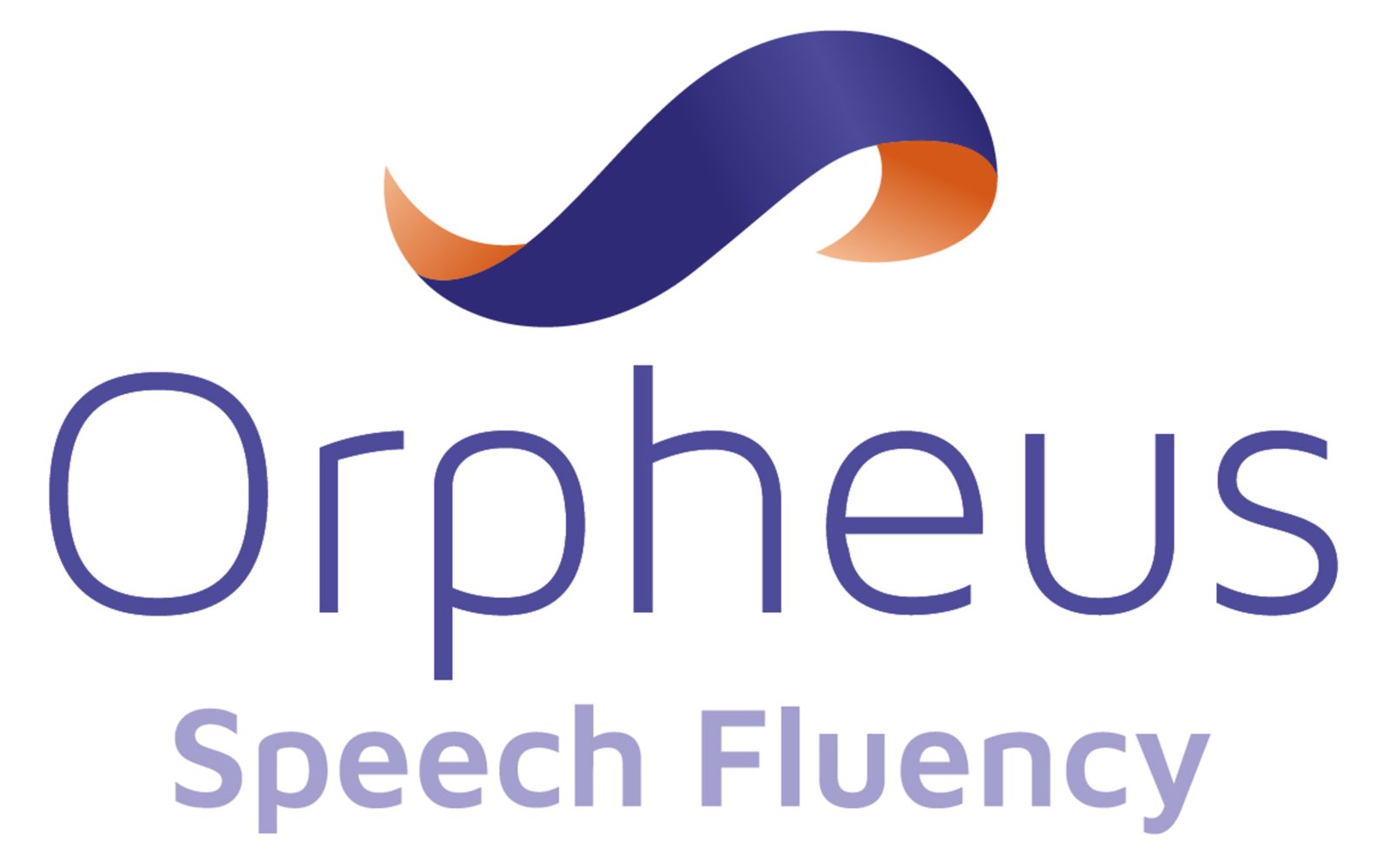

Gemlapodect (NOE-105) is a potent, selective PDE10A inhibitor that safely modulates dopamine D2 receptor signaling in people with Childhood Onset Fluency Disorder (COFD, also known as Stuttering).
Increased D2 receptor signaling is suggested to contribute to both the learning and expression of tics, and D2 receptor antagonists (antipsychotics) are the only currently approved treatments for TS and there is no approved treatment for COFD. Gemlapodect (NOE-105) modulates the signaling instead of blocking it.
The ability of gemlapodect (NOE-105) to inhibit overactive D2 receptor-mediated motor behaviors has been confirmed in a number of studies, indicating a potentially well-tolerated and novel treatment for COFD.
Gemlapodect (NOE-105) was previously found to be safe and well tolerated in adult subjects.
Noema’s Orpheus trial is a placebo-controlled Phase 2b study to evaluate the safety and efficacy of gemlapodect (NOE-105) as monotherapy in adults suffering from COFD.
NOE-115
Monoamine modulator
For the treatment of vasomotor symptoms (VMS) due to
menopause
Clinical stage: Phase 2
NOE-115 is a broad-spectrum monoamine modulator for the non-hormonal treatment of VMS and associated symptoms due to menopause
The beneficial effect of NOE-115 for VMS and associated symptoms of menopause is explained through:
- Similar monoaminergic reuptake activity to medicines used commonly in VMS
- Animal models have shown additional wake-promoting effects, reductions in food intake and weight, and improvements in motivation, attention and response control.
NOE-115 was previously found to be safe and well-tolerated in healthy, adult subjects.
NOE-PMM-201 is an open-label, multi-center Phase 2a study to evaluate the safety and efficacy of NOE-115 as monotherapy in women with VMS due to menopause
